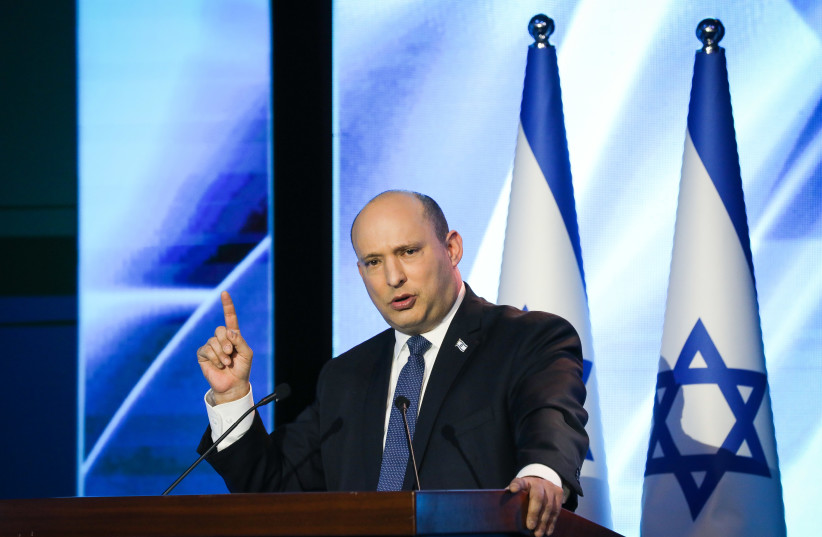The funerals of victims from Tuesday’s terrorist attack that will take place on Wednesday mean there won’t be any celebrations to mark the anniversary of the March 23, 2021, election.
But the tragedy does not lessen the accomplishment: Israel has now gone an entire year without an election.
This, of course, would have been no big deal before Israel embarked on four elections in two years. But after all those races, this past year of relative political normalcy cannot be taken for granted.
At the conclusion of an election-free year, most polls show nothing much has changed politically. If an election would be held now, the results would not be much different.
Prime Minister Naftali Bennett has not succeeded in using his time in the Prime Minister’s Office to build up his political support. He may have built up geopolitical credentials by mediating between Russia and Ukraine, but he has done little to gain support in Kiryat Motzkin and Kiryat Gat.
Bennett has engaged in almost no political activity whatsoever since the last votes were counted. He has repeatedly said he will stay in politics after he leaves the Prime Minister’s Office, but his actions indicate otherwise.
A Ma’agar Mohot poll published in Israel Hayom on Tuesday in honor of the anniversary predicted that Yamina would keep its current six seats and not gain any new support. Opposition leader Benjamin Netanyahu’s Likud would grow from 30 to 34 mandates, yet still not enough to form a government.
Bennett’s experience as prime minister did not persuade too many people that he is most fit to hold the post, with 55% preferring Netanyahu, 21% Foreign Minister Yair Lapid, 14% Bennett and 10% Defense Minister Benny Gantz.
Gantz indicated at an event marking the third anniversary of Blue and White’s formation on Monday that he will never let Lapid become prime minister. He blasted Lapid for splitting the party, for refusing to join the previous government despite the pandemic and “caring only about himself all the time.”
Lapid is to become prime minister in August 2023, according to his rotation agreement with Bennett, or even sooner if an election is initiated. Gantz said he still aspires to obtain the post for himself. But unless the Likud decides to crown him prime minister, he would have to wait for an election.
Why is an election not being initiated even though the coalition parties are not doing particularly well in the polls? Because of a peculiarity in Israeli politics.
If any of the parties in the coalition were doing particularly well, they would have an interest in bringing their government down. As long as the coalition parties are unpopular, they have an interest in keeping it together and avoiding elections.
The rule, in general, is: The worse a government does, the longer it can last.
That rule is even more solid as long as the threat of Netanyahu remains. He was the reason for, and the main issue in, those four elections.
After all that instability, his presence now creates stability by removing incentives for going to the polls.
So it is possible and even likely that the current government will last another year. If that happens, and there is no terrorist attack, perhaps there will be big celebrations next year.

